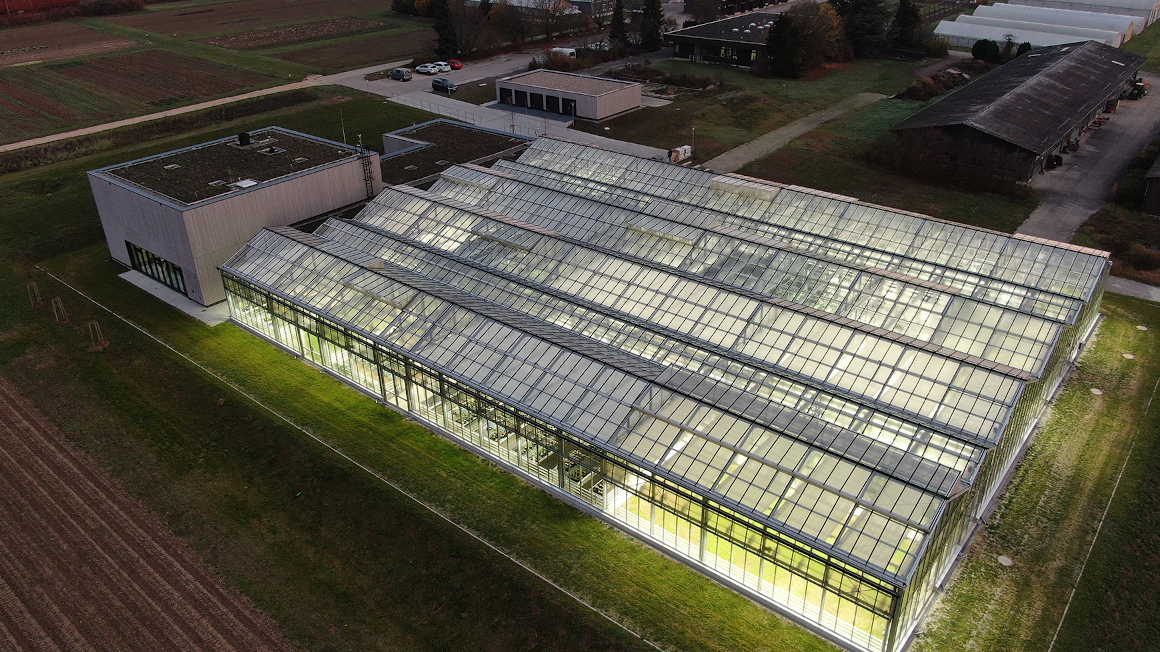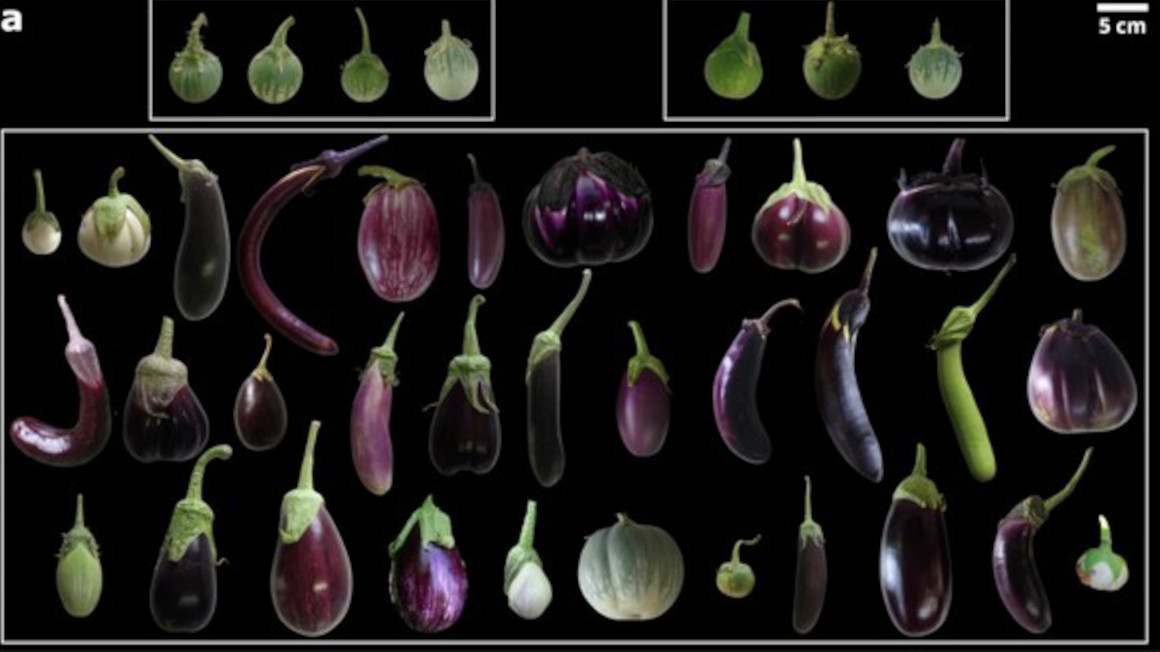Phytotechnikum: High-tech research in a glass greenhouse
The first high-tech greenhouse of the new Phytotechnikum was officially opened on the campus of the University of Hohenheim in Stuttgart.

The new Phytotechnikum at the University of Hohenheim addresses climate research and bioeconomics: Computer-controlled climate control and automatic irrigation, fine regulation for light intensity, humidity and temperature as well as variable lighting technology enable the Stuttgart researchers to work more flexibly in a wide range of fields. Climate change, biodiversity, world nutrition, bioenergy, renewable raw materials and plant health are topics that can be studied in the glass high-tech greenhouse on a wide variety of plants, including exotic ones.
As part of a first construction phase, a new building was already put into operation last year. The grand opening of the 1,400 square meter greenhouse had to be postponed due to corona and now took place at the end of September. The new research building was funded by the state of Baden-Württemberg and the Carl Zeiss Foundation with around 8.7 million euros. "The Phytotechnikum is a central building block for our most important research priorities and contributes to solving global human problems, such as food security and how agriculture can deal with the consequences of climate change," said the university's rector, Stephan Dabbert, at the opening ceremony.
Modern and flexible research
The new building consists of two glass greenhouse ships that connect a building with laboratories, training and service rooms. In addition, the research building was designed to be flexible so that individual modules can be combined into units of different sizes as needed to fit the research work. "With these highly variable research units, the Phytotechnikum bridges the gap between basic scientific research and practice," Dabbert said. He said he is convinced that university research will also be spurred by the proximity to the Phytotechnikum. "The Phytotechnikum is a high-tech greenhouse that enables basic biological research at the highest international level," adds Felix Streiter, Managing Director of the Carl Zeiss Foundation.
Sustainability is also taken into account in the management of the building: A dedicated district heating network ensures lower electricity costs at the Phytotechnikum. A photovoltaic system is also planned on the glass roof. In addition, rainwater will be collected in the building's own cisterns and can thus be used to irrigate the plants and cool the autoclave.
Germany's largest research greenhouse
In the coming years, the Stuttgart Phytotechnikum is to become the largest research greenhouse in Germany. In two further construction phases, the complex on the university campus will be expanded to a total of 8,200 square meters and will offer climate chambers in addition to further greenhouses and laboratories. "We are confident that the following construction phases can also start soon," said the rector. Planning for the second construction phase began this summer.
bb


